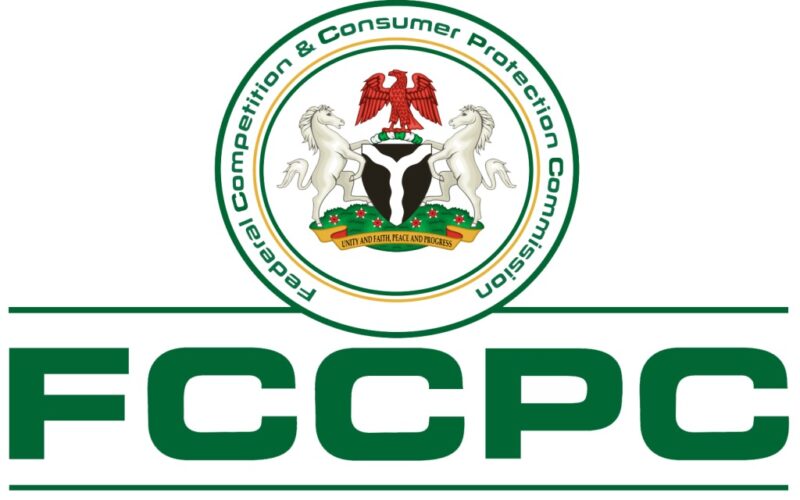The Federal Competition and Consumer Protection Commission (FCCPC) has announced its intent to formulate a new regulatory framework aimed at addressing the escalating issue of Nigerians’ indebtedness to digital money lenders (DMLs), commonly referred to as loan apps.
Mr. Babatunde Irukera, the Chief Executive Officer of the Commission, revealed this during a live program on TVC on Monday. Irukera highlighted the significant challenge posed by the mounting indebtedness to DMLs, characterizing it as a substantial concern for the industry.
While acknowledging the Commission’s success in curbing abuse and harassment by loan apps, Irukera pointed out that borrowers on these platforms continue to default on their loans. He emphasized that the increasing debt levels could pose a threat to the viability of digital lenders, entities that play pivotal roles in the nation’s economy.
Irukera further stated that the enforcement of its interim framework yielded an impressive 80% reduction in harassment and defamatory messages originating from loan apps. Despite this substantial improvement, he noted that efforts are ongoing to address the remaining 20%, expressing a sense of dissatisfaction with the current level of achievement.
He emphasized that the current regulatory framework for loan apps is both limited and interim, reflecting the evolving nature of fintech in the global landscape.
According to him, digital money lending plays a crucial role in addressing societal needs and crafting the most effective regulatory ecosystem necessitates a process of learning from the industry and understanding its operations.
Operational under the interim regulatory framework, the FCCPC has successfully registered over 200 loan apps, aiming to cleanse the digital lending market of unethical practices such as defamation and harassment of borrowers.
The big problem
According to the FCCPC boss, “One of the big issues that we’re seeing is that there’s now a significant level of loan default because people are not able to use these unethical and inappropriate loan recovery mechanisms, and I’m insistent that you cannot say to me that the only language Nigerians understand is to abuse them. No, I disagree.
“We must necessarily do the work no matter how hard it is to find a more sensible way to recover loans because I also agree that if these digital money lenders are unable to recover their loans and drop out of the market, it’s a consumer protection problem because of those who need those types of short-term unsecured lending.
So, we have to find the balance, and so some of the regulations that will come out in 2024 will be a broader approach to responsible borrowing and responsible lending by individuals and corporations.
Mr. Babatunde Irukera, the Chief Executive Officer of FCCPC
“So, we have to find the balance, and so some of the regulations that will come out in 2024 will be a broader approach to responsible borrowing and responsible lending by individuals and corporations. I’m hopeful that the future of what we’re building is that even school landlords would be able to report to a centralized credit system about the conduct of tenants, students, and parents so that we can know each person’s level of fiscal responsibility or credit wordiness.” Irukera said.
The head of FCCPC further commented that the establishment of a systematic approach, preventing individuals from accessing credit based on their financial responsibility or other factors, would naturally lead to self-regulation and improved loan recovery. He noted that the Commission’s investigation revealed a pattern where individuals defaulting on loans are often the same individuals obtaining loans from multiple apps.
“So, we can address that if there is a central place where they could get information about individuals and their creditworthiness. If you don’t have access to credit you must build your responsibility and your creditworthiness and so there’s quite a lot still in the pipeline that we’ve been working on and we anticipate that 2024 will cause that to emerge,” he added.
Irukera mentioned that the FCCPC has successfully registered over 200 loan apps within the interim regulatory framework. He emphasized the commission’s commitment to purifying the digital lending market and eradicating unethical practices like defamation and harassment of borrowers. Furthermore, he disclosed that the commission has granted approval to a total of 211 digital lenders.












